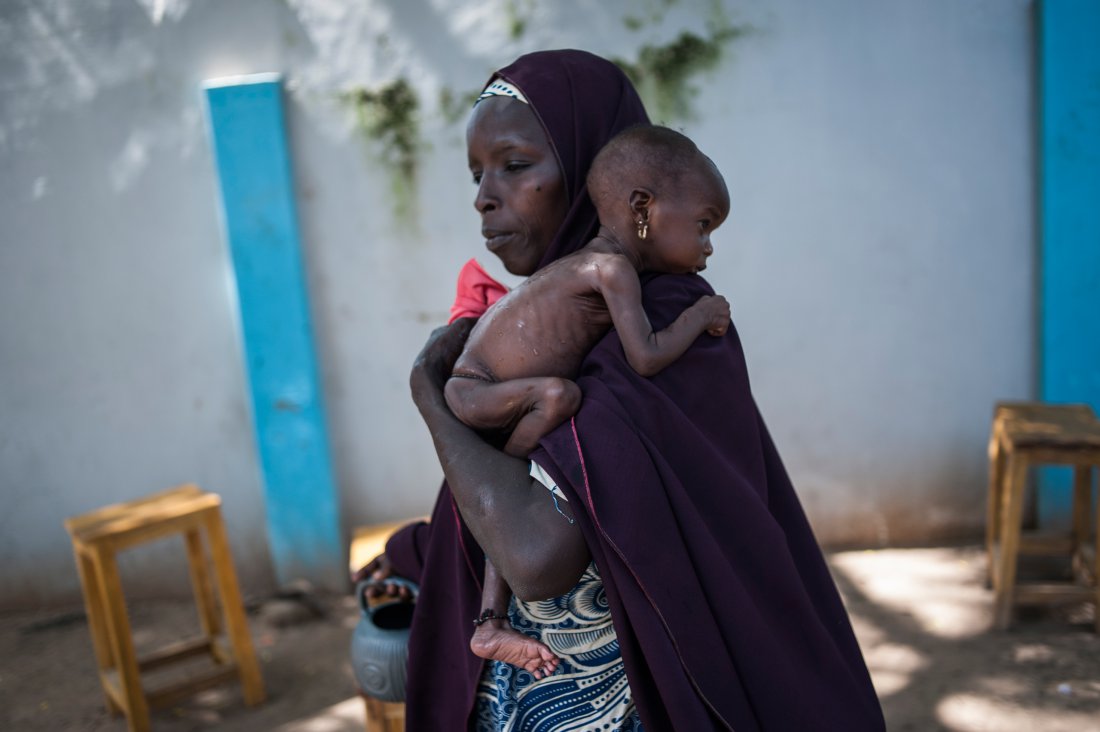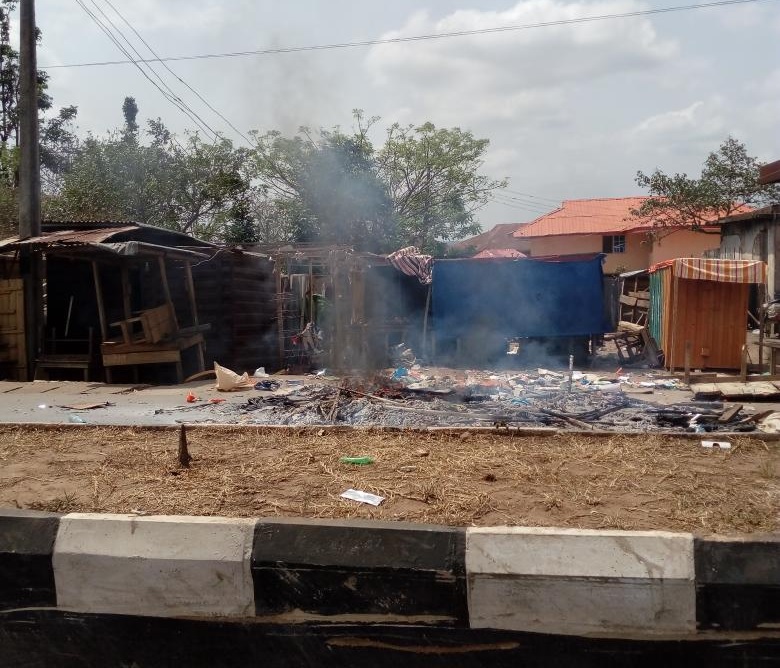The crisis in north-east Nigeria has intensified and evolved after eight years of violent conflict and has led to widespread displacement, devastation, lack of access to health care and acute food and nutrition insecurity.
The crisis has also put Borno in the centre of a health emergency that, without intervention, will lead to further loss of lives in a crisis that has already witnessed several thousands of deaths. Currently, the state has less than half of its health facilities functional and is the worst affected state in north-eastern Nigeria.
The federal government and the World Health Organisation (WHO) found that one third of the state’s health facilities have been completely destroyed and another third damaged.
This means that millions of people in the state have no access health care, that women have limited access to maternal, post maternal and child health care, a major reason for poor vaccination rates and in turn disease(s) outbreaks. In 2016 alone, Nigeria returned to the list of countries with polio still endemic after a polio outbreak in the interiors of Borno with an outbreak of measles of trailing it.
Advertisement
In 2017, constant conflicts and even the mishaps by the Nigerian military (at least 2 in the first quarter of 2017), stretched the facilities even further leaving most people in dire need of health care. WHO also says “access to local government areas requires military escort on poor roads and communication with many of these areas is extremely limited.” This means people in these areas have little or no access to health care.
Already malnutrition rates are alarming with International Organisation for Migration (IOM), noting the greater unmet need for 66 per cent of IDPs is food. Numerous camps and settlements are not getting food regularly. And worse is that the need for food assistance is likely to increase when stock from 2016 harvest runs out.
Also, disease outbreaks looms as temperatures continue to rise over the coming weeks months. For instance, the rainy season in April will further heighten the risk of cholera and meningitis epidemics and cases of malaria.
Advertisement
So while the administration of President Muhammadu Buhari has had successes in the fight to stop Boko Haram activities, there is a looming health disaster that must be tackled with urgency.
Add a comment






